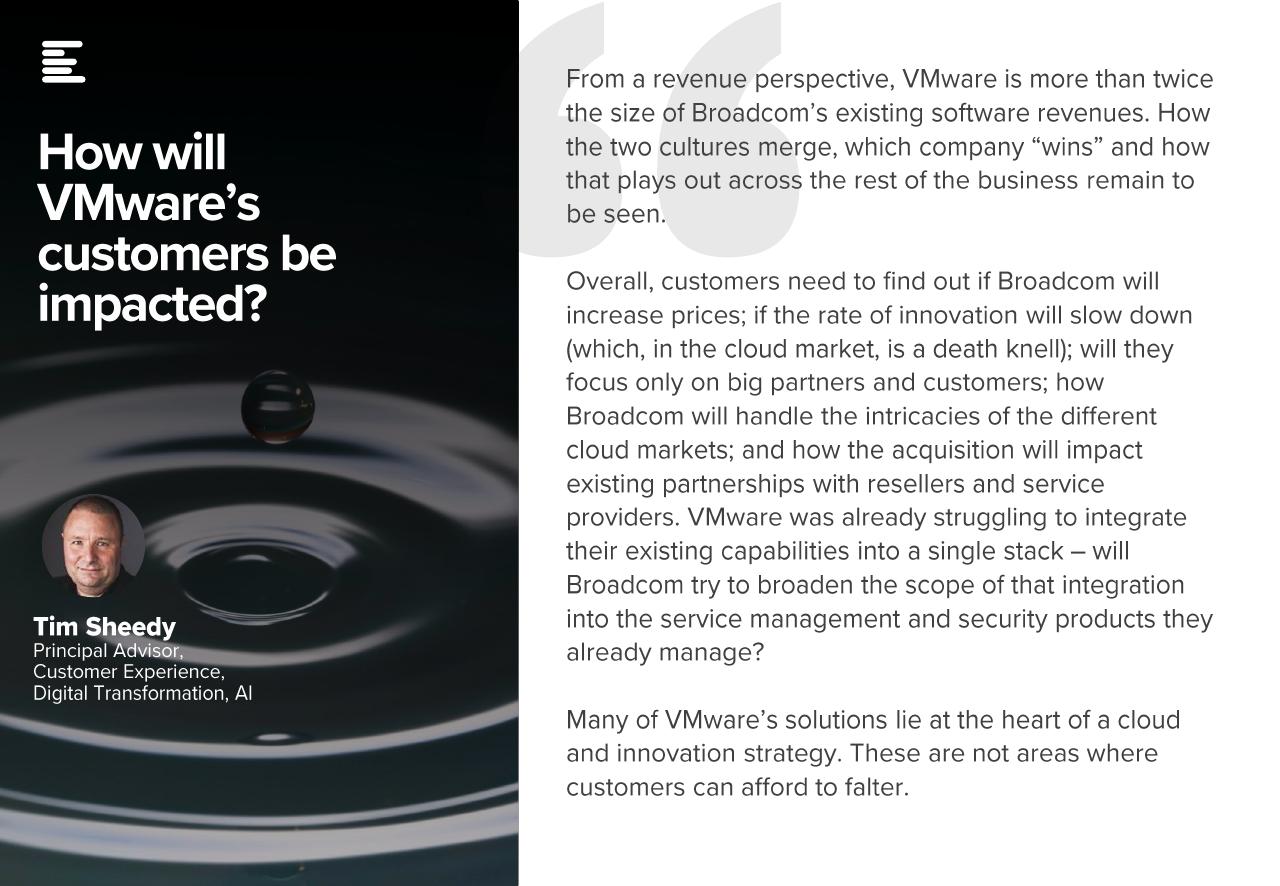Understanding The Critical Role Of Middle Managers In Today's Workplace

Table of Contents
The Bridge Between Leadership and Employees
Middle managers are the linchpin connecting strategic goals with on-the-ground execution. Their effectiveness directly impacts the organization's ability to achieve its objectives.
Translating Strategy into Action
Middle managers are responsible for interpreting strategic goals set by upper management and translating them into actionable plans for their teams. This involves:
- Clearly communicating organizational vision and goals: They break down complex strategic plans into easily digestible pieces for their teams, ensuring everyone understands the "why" behind their work. This clarity fosters buy-in and commitment.
- Developing and implementing departmental strategies: They create departmental roadmaps aligned with the overall organizational strategy, setting specific, measurable, achievable, relevant, and time-bound (SMART) goals.
- Setting realistic and achievable team objectives: They understand the team's capabilities and limitations, setting targets that are challenging yet attainable, preventing burnout and fostering a sense of accomplishment.
- Monitoring progress and making necessary adjustments: Regular progress reviews and course correction are vital. Middle managers track performance, identify roadblocks, and adapt strategies as needed.
Facilitating Communication and Collaboration
Effective middle managers act as a vital communication channel, ensuring a smooth flow of information in both directions.
- Regularly communicating updates from upper management to their teams: They keep their teams informed about organizational changes, initiatives, and performance metrics, preventing misunderstandings and fostering transparency.
- Gathering feedback from employees and relaying it to senior leadership: They serve as the voice of their teams, providing valuable insights and feedback to senior leadership, ensuring that employee concerns are heard and addressed.
- Fostering open communication and collaboration within teams: They create a culture of open dialogue, encouraging teamwork and collaboration to solve problems and achieve shared goals.
- Resolving conflicts and mediating disputes: They proactively address conflicts within their teams, mediating disputes fairly and efficiently, maintaining a positive and productive work environment.
Driving Employee Engagement and Development
Middle managers are instrumental in fostering employee engagement and driving professional growth.
Mentoring and Coaching
Middle managers play a crucial role in mentoring and coaching their team members, fostering professional growth and development. This includes:
- Providing regular performance feedback and guidance: Constructive feedback helps employees understand their strengths and weaknesses, identifying areas for improvement.
- Identifying training needs and facilitating professional development opportunities: They identify skill gaps and advocate for training programs to upskill their team members.
- Mentoring junior employees and helping them advance their careers: They act as mentors, guiding and supporting their team members’ career progression.
- Creating a supportive and encouraging work environment: They foster a culture of trust and mutual respect, encouraging open communication and feedback.
Boosting Team Morale and Productivity
Effective middle managers cultivate a positive and productive work environment.
- Recognizing and rewarding employee contributions: Acknowledging achievements boosts morale and motivates employees to perform at their best.
- Promoting teamwork and collaboration: They encourage collaboration and knowledge sharing, fostering a sense of camaraderie and shared purpose.
- Addressing employee concerns and resolving issues promptly: Addressing problems swiftly and efficiently prevents escalation and maintains a positive work environment.
- Creating a culture of trust and mutual respect: Building trust and respect is essential for fostering a positive and productive team dynamic.
Navigating Change and Adapting to New Challenges
Middle managers are often on the front lines of organizational change, requiring adaptability and strong leadership skills.
Leading Through Change Management
Middle managers are crucial during periods of organizational change. Their role includes:
- Communicating changes effectively to their teams: Clearly explaining the reasons for change, addressing concerns, and ensuring everyone understands the impact.
- Addressing employee concerns and anxieties about change: Providing support and reassurance, actively listening to and addressing employee fears and uncertainties.
- Providing support and guidance during the transition process: Offering support and resources to help employees adapt to new processes and systems.
- Ensuring a smooth and efficient implementation of changes: Monitoring the implementation process, identifying challenges, and making necessary adjustments.
Embracing Innovation and Adaptability
Successful middle managers foster innovation and adaptability within their teams.
- Fostering a culture of continuous improvement: Encouraging employees to identify areas for improvement and implement innovative solutions.
- Encouraging employees to share new ideas and suggestions: Creating a safe space for employees to voice their ideas without fear of judgment.
- Adapting to changing market conditions and business needs: Responding flexibly to changing circumstances, ensuring the team remains competitive and relevant.
- Implementing new technologies and processes to improve efficiency: Embracing technological advancements and implementing new processes to improve efficiency and productivity.
Conclusion
In conclusion, the role of middle managers is far from insignificant; they are vital cogs in the organizational machine. Their ability to bridge communication gaps, foster employee development, and navigate change significantly impacts overall organizational success. Investing in the development and support of effective middle managers is crucial for any organization looking to thrive in today's competitive landscape. Understanding the critical role of middle managers and their contributions is essential for fostering a productive and successful workplace. By recognizing and nurturing the talents of your middle management team, you'll unlock greater potential for innovation, collaboration, and overall organizational performance. Prioritize the training and development of your middle managers today to secure a stronger, more efficient future.

Featured Posts
-
 Federal Government Appoints Anti Vaccination Advocate To Lead Autism Research
Apr 27, 2025
Federal Government Appoints Anti Vaccination Advocate To Lead Autism Research
Apr 27, 2025 -
 Your Guide To A Happy Day February 20 2025
Apr 27, 2025
Your Guide To A Happy Day February 20 2025
Apr 27, 2025 -
 Broadcoms V Mware Acquisition At And T Highlights A Massive Price Surge
Apr 27, 2025
Broadcoms V Mware Acquisition At And T Highlights A Massive Price Surge
Apr 27, 2025 -
 Political Polarization In Canada The Case Of Alberta And Anti Trump Sentiment
Apr 27, 2025
Political Polarization In Canada The Case Of Alberta And Anti Trump Sentiment
Apr 27, 2025 -
 Bucking Fastard Werner Herzogs New Film With Real Life Sister Leads
Apr 27, 2025
Bucking Fastard Werner Herzogs New Film With Real Life Sister Leads
Apr 27, 2025
